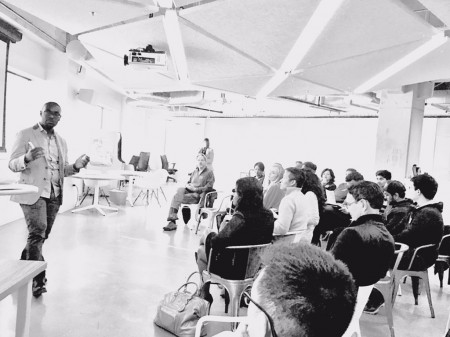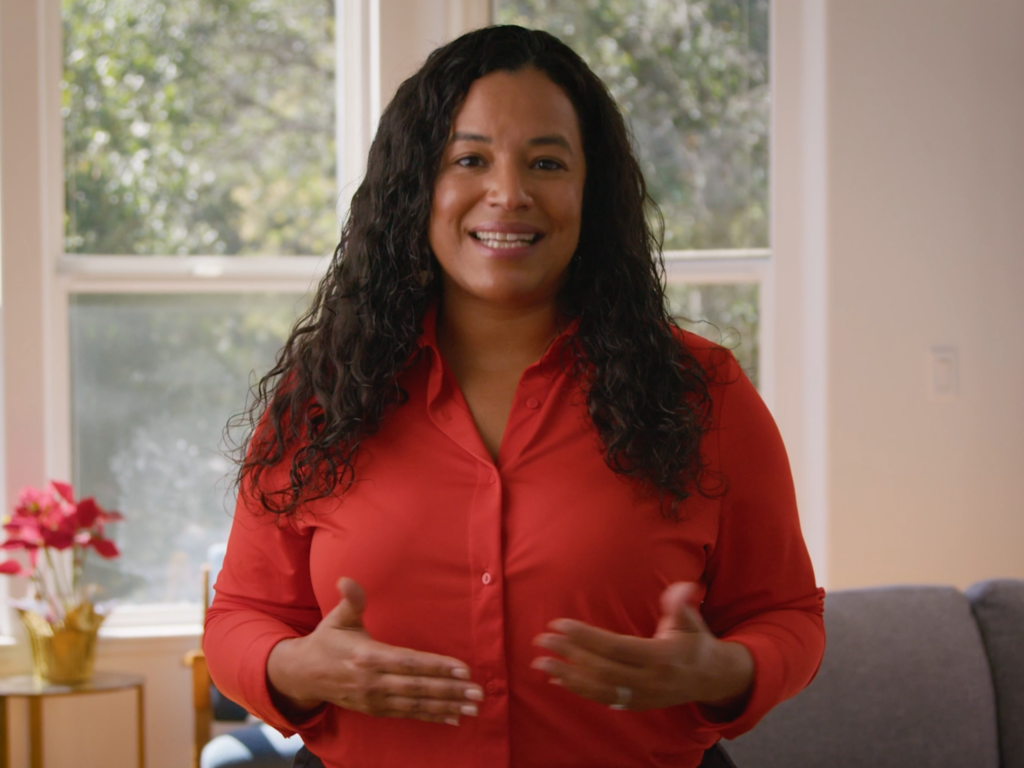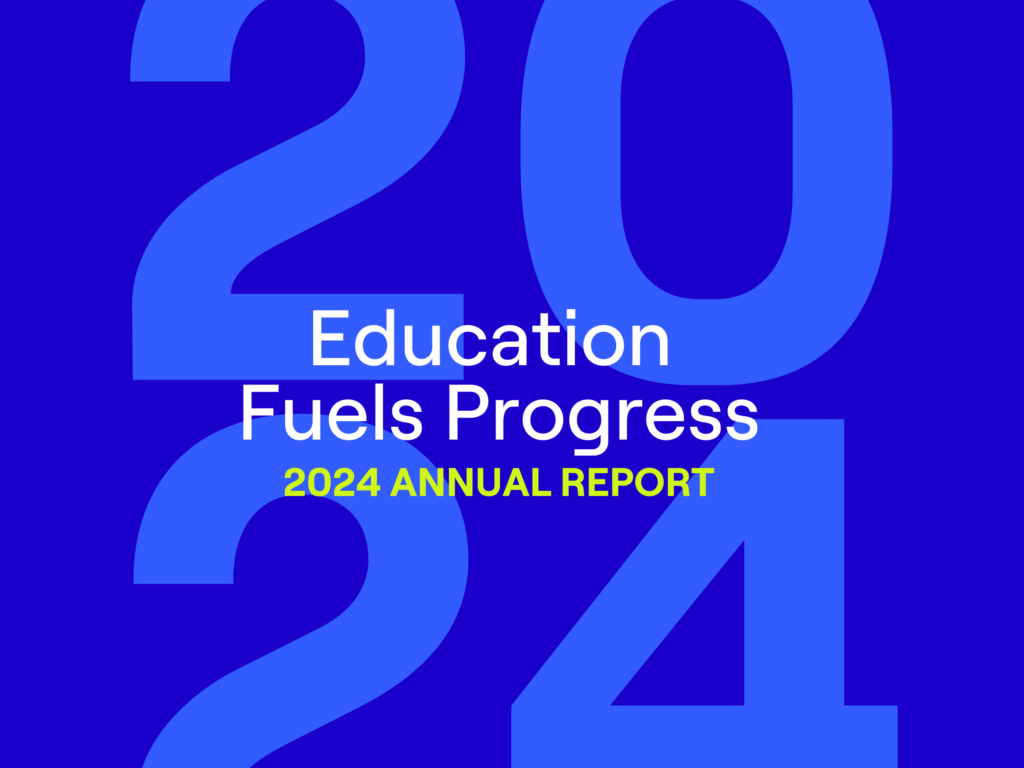I attended the Camelback Ventures Bay Area summit on November 12 & 13. Camelback Ventures supports education entrepreneurs creating social impact. Their summit focused on ensuring fellows have access to professional development and opportunities to connect with one another and supporters.
During the summit, Aaron Walker, Camelback’s founder, shared an overview of the organization, some testimonials from fellows, and a few reflections of his own. 
One idea stuck with me. Camelback acts as the “friends and family round” for its fellows. Many Camelback fellows come from the same backgrounds and communities as the students they are working to support. The likelihood that they have “friends and family” who can lend them the financial support necessary to get their ventures off the ground is slim to none.
Countless articles have been written about what it takes to be a successful entrepreneur. This summer, Quartz contributor Aimee Groth wrote “what often gets lost…is that the most common shared trait among entrepreneurs is access to financial capital—family money, an inheritance, or a pedigree and connections that allow for access to financial stability.” The assumption that all would-be entrepreneurs can ask friends and family for financial support or have the financial cushion to “bootstrap” their way to success, simply doesn’t hold for many talented entrepreneurs of color.
At the summit, fellows were able to have small-group conversations with seasoned entrepreneurs and investors. Fellows leading non-profit organizations heard lessons from established education entrepreneur Scott Morgan, CEO of Education Pioneers, and advice on how to approach the diligence process from Jim Bildner, CEO of the Draper Richards Kaplan Foundation. One of the key themes that emerged is the critical need for early stage funding if we ever hope to see the diversity we need in education entrepreneurship.
Camelback Ventures provides coaching, capital and connections to entrepreneurs of color who typically have limited access to these critical factors for success. I am convinced that the organization’s mission is critical, and that Camelback will continue to adapt its model to support fellows effectively.
At NewSchools, we are committed to diversifying the senior leadership teams of education non-profits and education technology companies—including CEOs and founders, senior teams, and board members. If we are to level the playing field, we need more organizations like Camelback Ventures, more partners, and more funders providing the critical resources and support to help talented entrepreneurs turn their brilliant ideas into successful organizations.
As Aaron said, “Genius is equally distributed across communities. Access is not.” I’m so grateful to work with a team at NewSchools and many partners who are committed to changing that.


